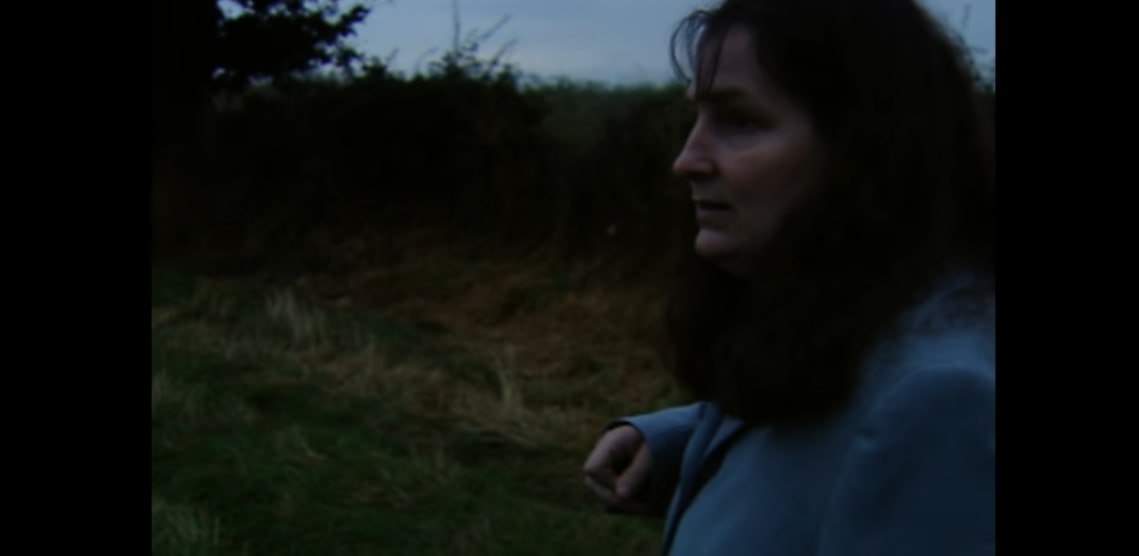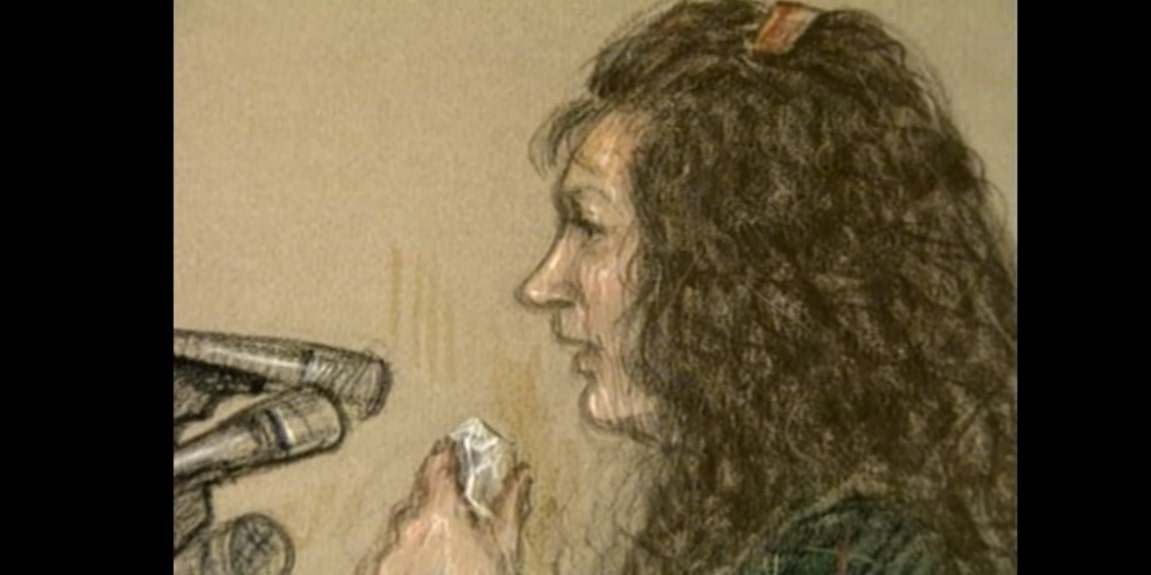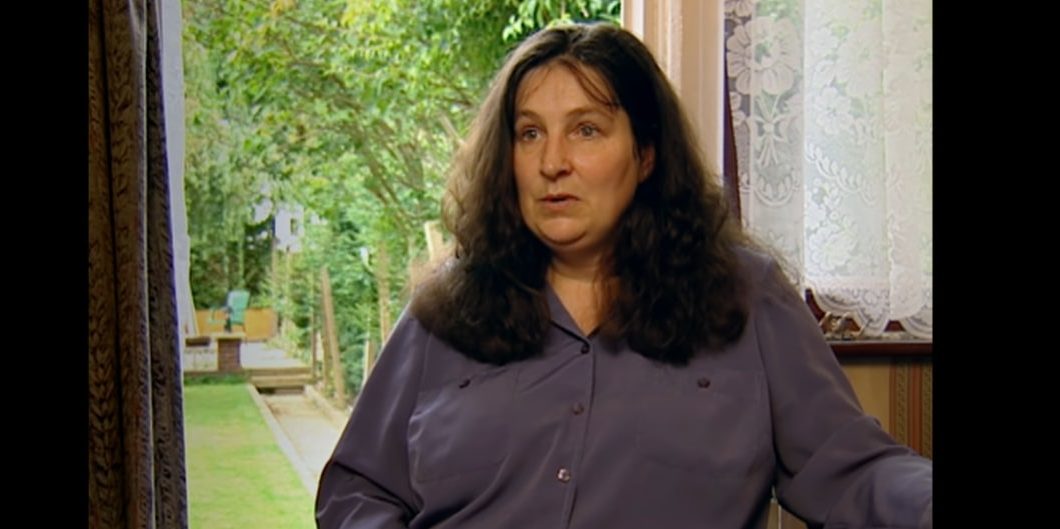Whenever the case of Fred West is discussed, the name Janet Leach almost always comes up. Appointed as his appropriate adult, she was present during many of his confessions and played a key role in facilitating communication between Fred and the authorities. Her testimony was considered crucial in building the case against Rose West, especially as Fred began to open up about the crimes. In the years since, her role has been the subject of much public interest and debate. Netflix’s ‘Fred and Rose West: A British Horror Story’ takes a deeper look into her involvement, featuring archived interviews and commentary from Janet herself. It gave an insight into the psychological toll the case had on her and the complexity of her position.
In Her Role as an Appropriate Adult, Janet Leach Became a Confidant to Fred West
In 1994, Janet Leach was residing in Gloucester in Gloucestershire, South West England and studying for a diploma in Social Work. Wanting to gain practical experience, the 38-year-old reached out to the Homeless Project and expressed her interest in volunteering as an appropriate adult. In this role, a person is called in to support and safeguard the rights and welfare of a vulnerable person, such as a juvenile or someone with mental health issues, during police interviews. They are not lawyers or police officials, but independent individuals tasked with ensuring that the person being questioned understands what is happening, is treated fairly, and is not coerced or confused during legal procedures.

The presence of an appropriate adult is a legal safeguard, especially in high-pressure or potentially distressing situations, to make sure the vulnerable person’s rights are protected and they can participate in the process in a meaningful way. On February 25, 1994, Janet was assigned to support Fred West as his appropriate adult. She had no prior experience in the role and was completely unaware of the details surrounding the case. Fred was granted her assistance because he was illiterate and the legal proceedings were highly complex. The very morning she arrived at 25 Cromwell Street, she was informed that Fred had confessed to murdering his daughter, Heather West, and had identified the exact location in the garden where he had buried her.
It was Janet who accompanied police officers to deliver this devastating news to his older children, Mae and Stephen West. From that point on, she was present for every interview and interrogation and guided Fred through the legal process. Janet later recalled that in the following days, when Fred led police to the burial sites of more victims at his home, he would often smirk at her. She found it deeply unsettling, feeling that he believed he shared a kind of twisted camaraderie with her, as though the investigation were some kind of game. She was also present when Fred accompanied the police to Much Marcle, UK, where the remains of Anne McFall were eventually discovered.
Over time, he began to place immense trust in her and refused to speak to investigators unless she was in the room. Reports allege that he came to view her as his only friend. Janet herself later said she told him she would no longer communicate with him unless he made a full confession, and he ultimately did. She was called to testify at Rose West’s trial and suffered from a stroke while she was in the witness box. She had been asked if she had sold her story to the media just before it, and when she returned to the court a few weeks later, she accepted that she had.
Janet Leach Denied Being on Friendly Terms With Fred West
Even after the formal questioning ended, Janet maintained contact with Fred, a decision that drew widespread criticism. Her son, Paul, publicly said that his mother had grown too close to the serial killer and was deeply affected by his death. However, in later interviews, Janet firmly denied any emotional attachment, stating that her continued communication with Fred was solely to encourage him to reveal more information and ensure justice for other possible victims. In 1997, she filed a complaint with the Court of Appeal, seeking permission to sue the police for compensation, claiming she had developed post-traumatic stress disorder due to her involvement with Fred West.

She argued that, unlike official officers, she was only a volunteer and had not received the psychological support or resources others were afforded. However, in November 1997, the court ruled against her, stating that the police had no obligation to provide her with care. At the time, Janet was married and had five children (including her son Paul) from previous relationships. Her husband passed away in 2010, and as of the last available reports in 2011, she was living quietly in Gloucestershire, UK. Since then, she has remained largely out of the limelight and chooses to lead a private life surrounded by her family.
Read More: Caroline Owens: What Happened to Fred and Rose West’s Survivor?


